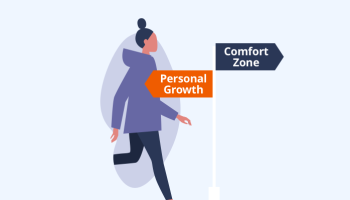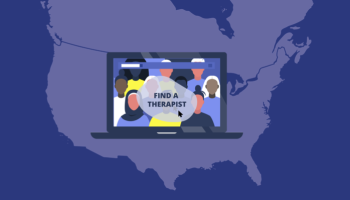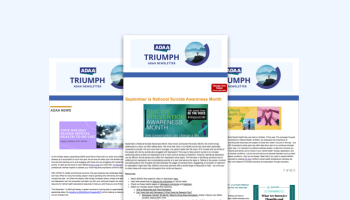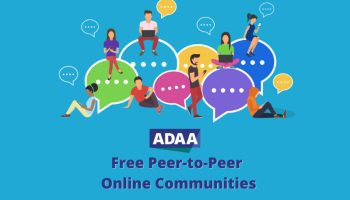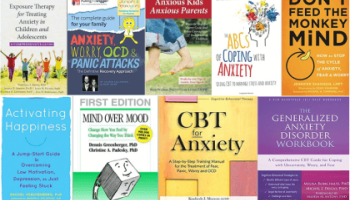The Importance of Continuing Education
The Importance of Continuing Education

Elizabeth Spencer and I just finished giving an ADAA continuing education webinar called, The Magic of CBT for Anxiety and Depression. We have found, from our workshops, that many master level clinicians have never learned the foundations of cognitive behavioral therapy. This is unfortunate in that it becomes difficult to understand some of the more advanced concepts of CBT with ERP if you don’t know the basics. We were thrilled with the number of participants in this webinar. The participation supports our theory that therapists desire to learn the basics of CBT so they can offer their clients evidenced based treatment for anxiety, OCD, and depression.
How often do you attend continuing education? Maybe you, like so many of us, do what’s necessary to get your CE’s to fulfill licensure requirements every 2 years. I have watched therapists attend workshops and webinars that don’t even interest them just to get their continuing education credits before the deadline. I hope you will consider thinking about this differently.
Continuing education can be a gift. It activates our brain to learn new information which we can bring back to our clients. It challenges us to stay up to date on the latest research and treatment guidelines. Some of what I have shared in these blogs comes from the conferences I have attended. It provides an opportunity to socialize with and learn from like-minded professionals. Some of my closest friends have come from the associations I belong to. It can also be a lot of fun! There is something about being with your colleagues, away from work and home, that brings out the craziness in all of us.
In the spirit of CBT, I challenge each and every one of you reading this post to attend a conference this year. Register for a webinar that you are truly interested in. Create a space for learning in your hectic life. You won’t regret it. We’d love to hear what you’ve learned and a story or two about the fun you had connecting with other professionals.


